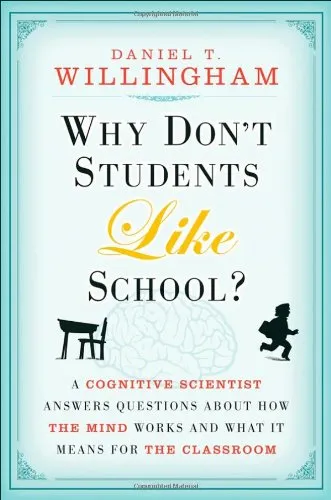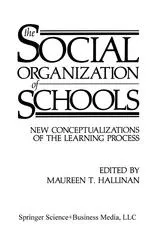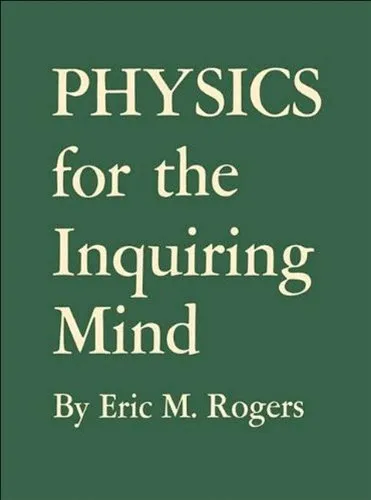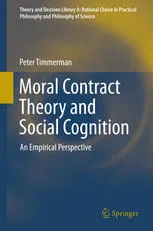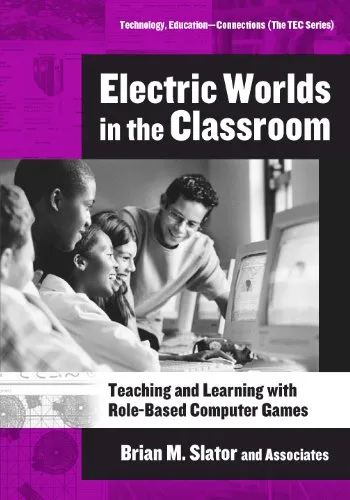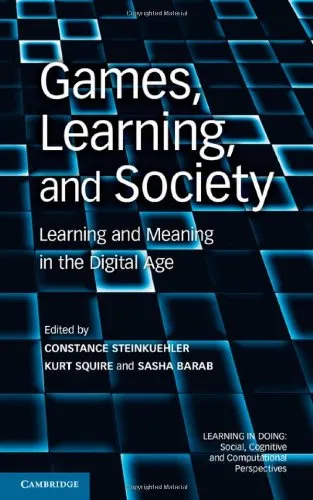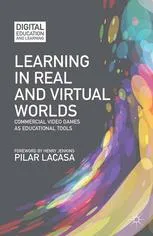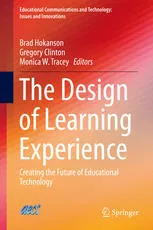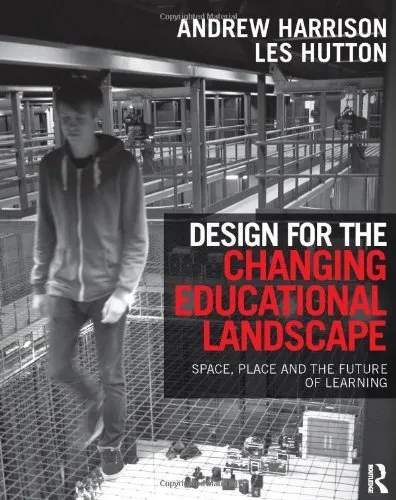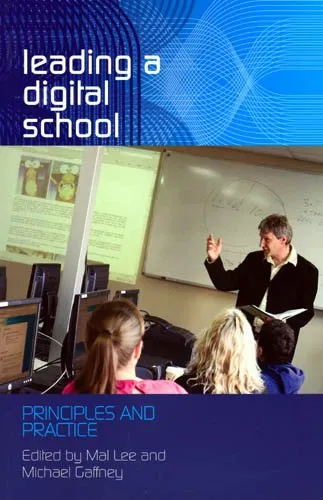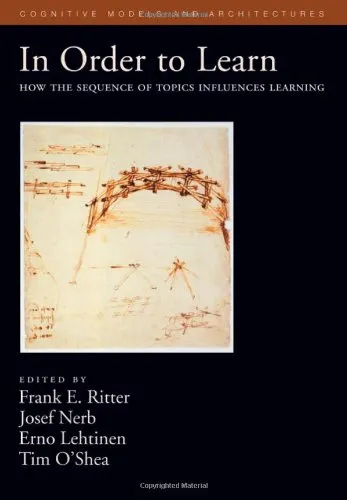Why Don't Students Like School: A Cognitive Scientist Answers Questions About How the Mind Works and What It Means for the Classroom
4.5
Reviews from our users

You Can Ask your questions from this book's AI after Login
Each download or ask from book AI costs 2 points. To earn more free points, please visit the Points Guide Page and complete some valuable actions.Related Refrences:
Introduction
Welcome to the transformative world of "Why Don't Students Like School: A Cognitive Scientist Answers Questions About How the Mind Works and What It Means for the Classroom." In this enlightening book, author Daniel T. Willingham delves into the intricacies of the human mind and reveals how these insights can inform and revolutionize the educational experience. By blending cognitive science with practical pedagogy, Willingham provides a roadmap for educators seeking to understand and improve student engagement and learning outcomes. This introduction sets the stage for a comprehensive exploration of the ideas and concepts that make this book a must-read for educators, parents, and anyone passionate about enhancing the educational experience.
Detailed Summary of the Book
The book is structured around nine critical questions that educators often grapple with. Each chapter addresses one of these questions, utilizing cognitive psychology to explore how students learn and retain information. From why students remember some things but forget others, to the emotional aspects that impact learning, Willingham draws on a wealth of scientific research to provide evidence-based answers.
The book begins by examining the nature of thinking and how our brains are wired to solve problems. It introduces the concept that thinking is not something our brains are naturally predisposed to do, highlighting how problem-solving is inherently rewarding yet mentally taxing. Willingham emphasizes the role of memory in shaping educational experiences and explores effective teaching techniques that align with how students naturally learn.
In subsequent chapters, Willingham covers topics such as the role of background knowledge in reading comprehension, the importance of practice in skill acquisition, and why students pay attention to some things but not others. Each chapter is enriched with practical examples, making complex cognitive theories accessible and actionable for educators.
Key Takeaways
- The human mind is not naturally suited to think deeply; learning is an acquired skill that requires motivation and practice.
- Understanding students' cognitive development is crucial in designing effective teaching methods that cater to their needs.
- Background knowledge significantly enhances comprehension and critical thinking, reinforcing the importance of a well-rounded curriculum.
- Emotional factors and student-teacher rapport play vital roles in engaging students and fostering a positive learning environment.
- Memory retention and recall are influenced by how information is presented and practiced in the classroom.
Famous Quotes from the Book
"People are naturally curious, but they are not naturally good thinkers; unless the cognitive conditions are right, we will avoid thinking."
"The more you know, the easier it is to learn new things."
"Teaching, like any complex cognitive skill, rests on foundational knowledge."
Why This Book Matters
At its core, "Why Don't Students Like School?" bridges the gap between scientific research and practical application in educational settings. Daniel T. Willingham's insights are derived from rigorous cognitive psychology research, yet they are presented in a way that is accessible and applicable to everyday classroom scenarios. This book matters because it empowers educators with the knowledge to transform their teaching practices, align methods with how students learn naturally, and ultimately enhance student engagement and success.
In an era where educational strategies are continually evolving, understanding the fundamental principles of how minds work and learn is crucial. Willingham's book provides a cornerstone for educators seeking to create environments where students thrive, not just academically, but as lifelong learners equipped to navigate an ever-changing world.
Free Direct Download
You Can Download this book after Login
Accessing books through legal platforms and public libraries not only supports the rights of authors and publishers but also contributes to the sustainability of reading culture. Before downloading, please take a moment to consider these options.
Find this book on other platforms:
WorldCat helps you find books in libraries worldwide.
See ratings, reviews, and discussions on Goodreads.
Find and buy rare or used books on AbeBooks.
1386
بازدید4.5
امتیاز0
نظر98%
رضایتReviews:
4.5
Based on 0 users review
Questions & Answers
Ask questions about this book or help others by answering
No questions yet. Be the first to ask!
